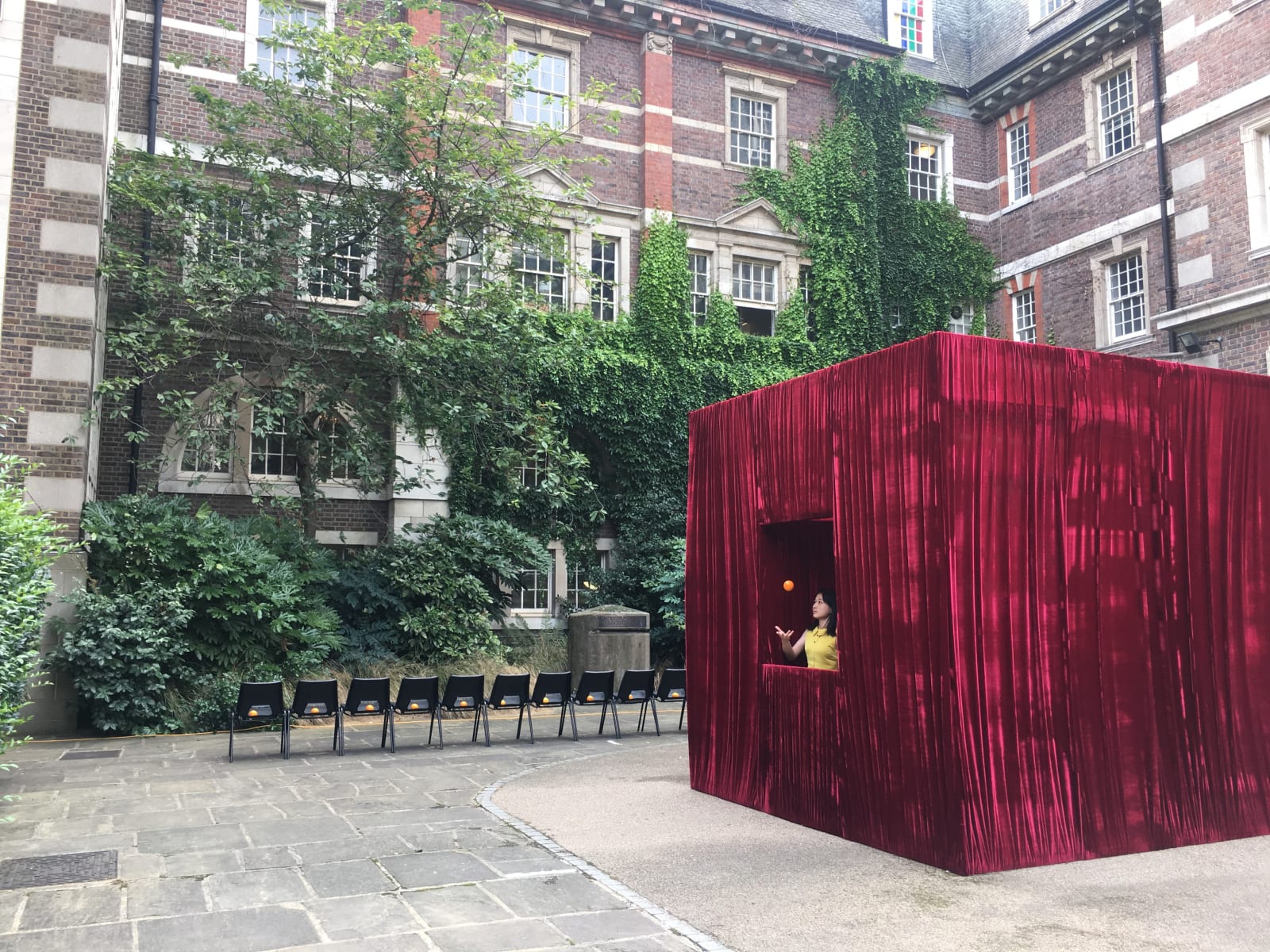Moi Tran
Further images
The Other Day You Sat Too Far Away From Me / A Memory In Five Parts is a staged encounter reconfiguring the value of Sadness as a powerful site of alternative knowledge making in the Vietnamese diaspora space. To reconfigure Sadness is to remove the stigma of trauma as a failed experience by celebrating lived knowledge of alternative histories much dependent on inter- generational relations, memory recall, identity, culture and politics.
Removing old epistemic notions of Sadness acts to reduce the continued repression and dominance of vulnerable groups, and by de-stigmatising the suffering of others, we establish more generative and restorative encounters. Sadness is a valuable emotive cognition in communities who have lived through trauma, it holds the capacity to create powerful knowledge and narratives, mobilising agency through empathy to reflect on the depth with which our sense of self is radically dependent on others.
In The other day you sat too far away from me – A memory in five parts – Moi Tran examines emotional knowledge through text, music, song and movement in this site specific performance. Here, in the open space of a beautiful courtyard, performers walk in and out of a velvet cube sculpture where only glimpses of them are allowed by the few openings in the box, reminding us about what we see or don’t see, or what we choose to see or not see. Promenading audience members are invited to explore this site and interact with each other however they wish. Together, they activate the space and engage in an open, yet intimate process that transforms the internalized, private experience of mourning into an externalized cognitive bonding highlighting the intrinsic social ties defining our crucial interdependence and moral obligation to one another. In the artist’s words, to share Sadness is not an attempt to cause a nihilistic sense of desperation or depression, but take power in pathos, become aware, share fundamental collective consciousness and empower communities who have experienced histories of loss, displacement and dispossession to take agency.













